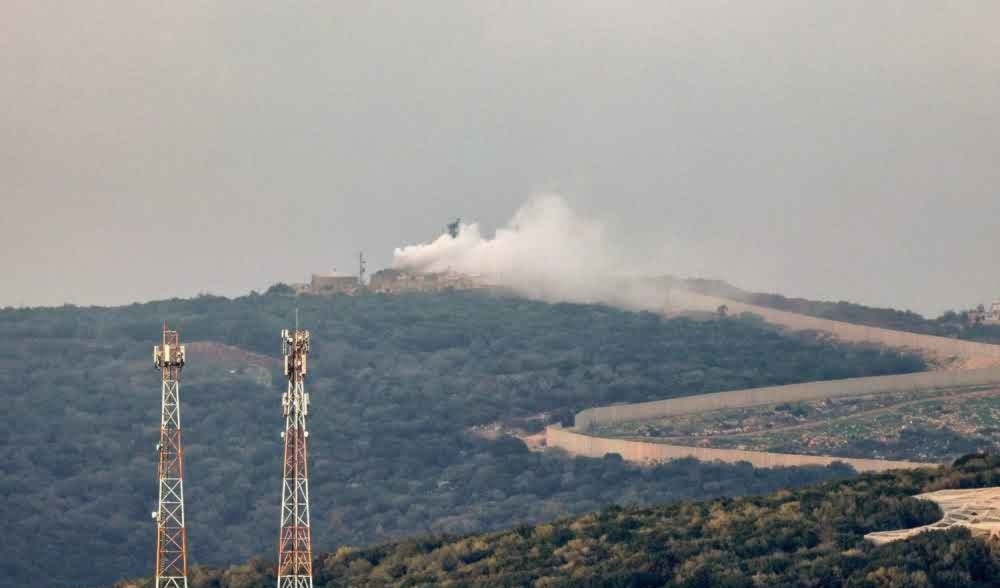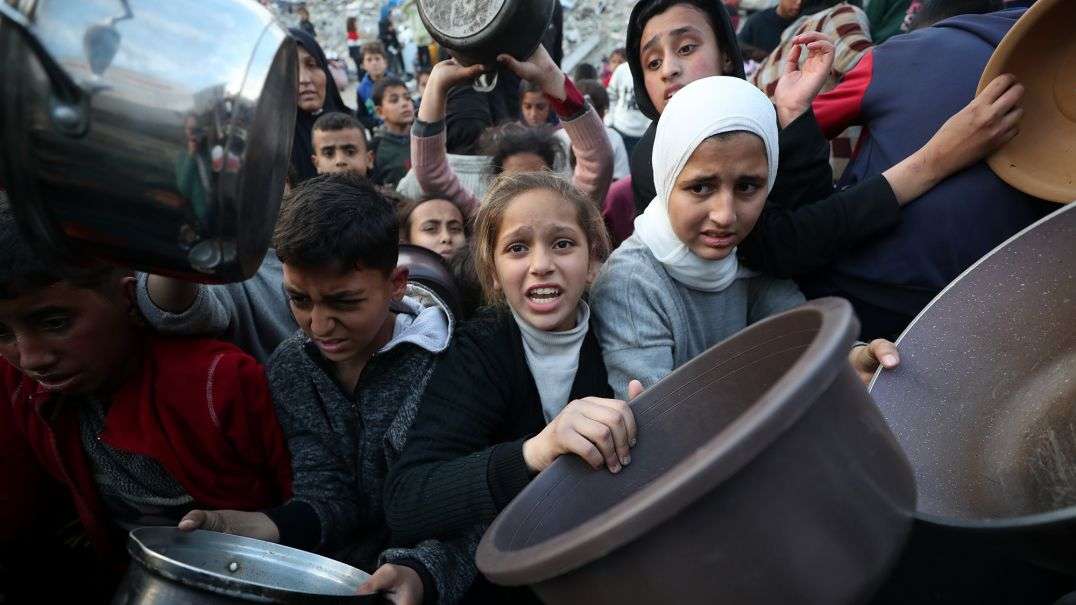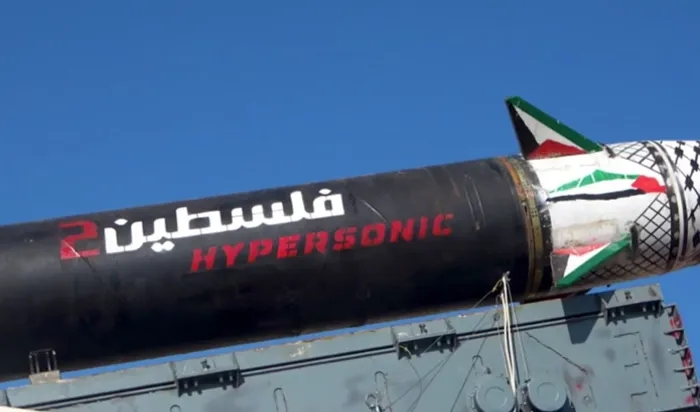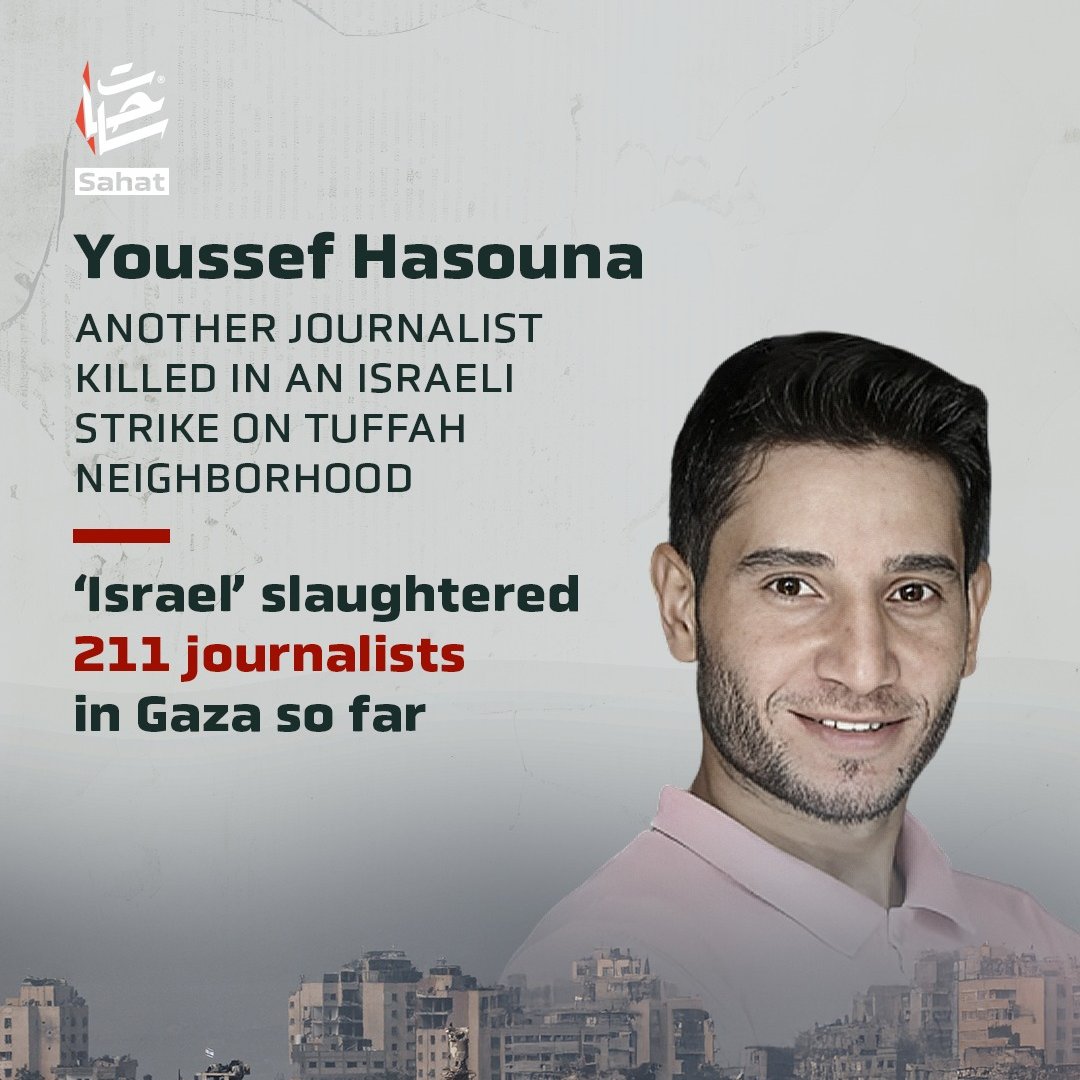
Kamal Mirza
Lies, lies, and more lies: This was the enemy’s policy since the first day of the systematic Zionist-American war of extermination and displacement that followed the launch of the Al-Aqsa Flood battle at the hands of the heroes of the Palestinian resistance.
The problem now is that Israel is trying to exploit the three successive security breaches it was able to achieve – pager and walkie-talkie – bombings and the assassination of the Radwan leaders, to lend credibility to the lies it promoted since it decided to transfer the weight of military operations to the northern front.
Among these lies are Israel broadcasts, and which the media unfortunately picks up on as they are and republished and circulated among its people, and its claims it has succeeded in bombing thousands of missile launch pads in southern Lebanon through the intensive raids its warplanes made in the past 48 hours.
Such news, despite its brevity, and a large number, aim to create the following:
First, create the impression the Zionist entity has full knowledge of all of the sites, fortifications and fortifications of Hezbollah in southern Lebanon. But how could it not know when it penetrated the party’s communications system, read them as an open book, and was capable of targeting and eliminating them at a blink of an eye!
Second, spread a spirit of defeat, despair and hopelessness among the people that Hezbollah is losing its capabilities, components and potential at a rapid pace, and the issue will not take more than a “sip of coffee” before the party collapses and finds itself defeated and unable to harm even a mosquito’s wing.
Third, and most importantly – the result of the two previous points – and that is blackmailing Hezbollah into abandoning its wisdom, prudence and balance in managing the battle, and make a hasty reaction matching the Zionist attacks to prove to its supporters and masses it is still fine, and maintain its strength and resolve, and then be dragged into an open confrontation by further shuffling the cards, and involving everyone in a regional war.
This is the basis of what Benjamin Netanyahu and his war gang aspire to and wish for to get out of their predicament, and evade their inability to achieve any of the war goals, whether the declared goals or undeclared ones with the first including returning the prisoners in Gaza, eliminate the capabilities of the resistance and returning the settlers in the Gaza envelope and the north to their settlements.
Their hidden goals include reoccupying Gaza, West Bank and annexing them, displacing the Palestinians (1948 Palestinians included), and create a pretext and favorable circumstances to target and destroy the Iranian nuclear facilities before it is able to manufacture its first nuclear bomb.
However, Israel’s insistence on beating the drums of war, and forcing it down the throat of Hezbollah and everyone else, through media propaganda and bullying all suggests the despair of someone who feels the noose tightening around his neck and/or about to drown!
Of course, the wise tactic for Hezbollah is to maintain the pace and rhythm for the confrontation, and to escalate within the limits it wants, while preserving the theme of attrition, long breath, concentration of effort, and careful selection of targets it has followed and established since day 1 and not to allow the enemy to lure it in and impose on its own pace and rhythm for the confrontation!
The paradox here, is there are those who still insist on believing the Israel entity just because they want to, despite knowing it is a liar, deceiver and a charlatan. Among its lies is its insistence on concealing its real human and material losses and denying them.
And these people insist on doubting Hezbollah and the resistance factions, even though they have proved their honesty every time, whether in their admission of losses and setbacks, in the information and circumstances they provide about the course of events, or in the promises and commitments to themselves as spelt out by Mr Hassan Nasrallah that the northern warfront will not stop unless an agreement is reached in Gaza acceptable to the Palestinian resistance.
What is also surprising for those “Zionist lovers”, or those imbibed with the entity in their hearts, and/or who have been filled with terror from it.. is their insistence on ignoring and overlooking three basic facts:
First, if the support front Hezbollah opened and managed did not truly harm the Zionist enemy, drain it, prevent it from achieving its goals, and a decisive factor in deterring and defeating it.. Israel would not have been concerned with all this escalation in Lebanon while it is drowning and stuck on the Gaza and West Bank fronts.
Second, if Hezbollah wanted to twist and turn, broker and scheme at the expense of the rest of the resistance factions and the unity of arenas, the party could have in the last 11 months been in a negotiating position to obtain enormous temptations and gains the Arab countries of collusion and the party haters would never have dreamt of!
Third, Israel abandoned its farcical utterings at the beginning of the war that it would return Lebanon to the Stone Age, and eliminate Hezbollah’s capabilities and force it to retreat beyond the Litani River. Israel’s now declared goal in the north has been limited to return its residents only to “point zero” as was the case before the war.
In this goal there is an implicit bribe for Hezbollah: “Just give us this modest goal and we will stop the war and the targeting on our part.” This is once again an indication of the extent of Israel’s predicament and crisis, despite its apparent arrogance, bullying and its endless stream of lies!
This is a translated piece from Arabic by Kamal Mirza printed in the Jordan24 website.

 This is wild! For the 4th time today Hezbollah rained Haifa and the surrounding area with medium range missiles striking multiple targets. And this is still not a response to the Israeli terrorist attacks. This is welcoming Haifa into the new rules of engagement.
This is wild! For the 4th time today Hezbollah rained Haifa and the surrounding area with medium range missiles striking multiple targets. And this is still not a response to the Israeli terrorist attacks. This is welcoming Haifa into the new rules of engagement. 
 Many pro-Israeli accounts from last night on X had a nervous breakdown and lied that Hezbollah rockets were intercepted, when in fact cities in Israel are burning after posting videos of settlers.
Many pro-Israeli accounts from last night on X had a nervous breakdown and lied that Hezbollah rockets were intercepted, when in fact cities in Israel are burning after posting videos of settlers. 






